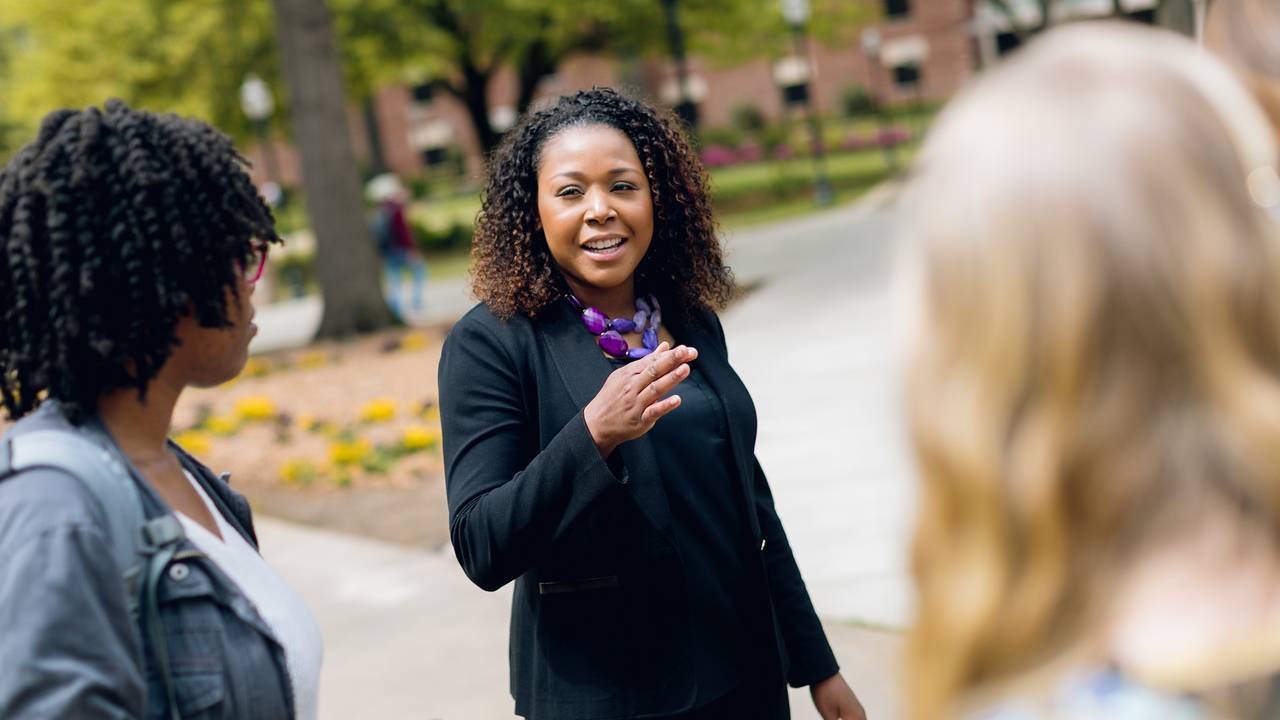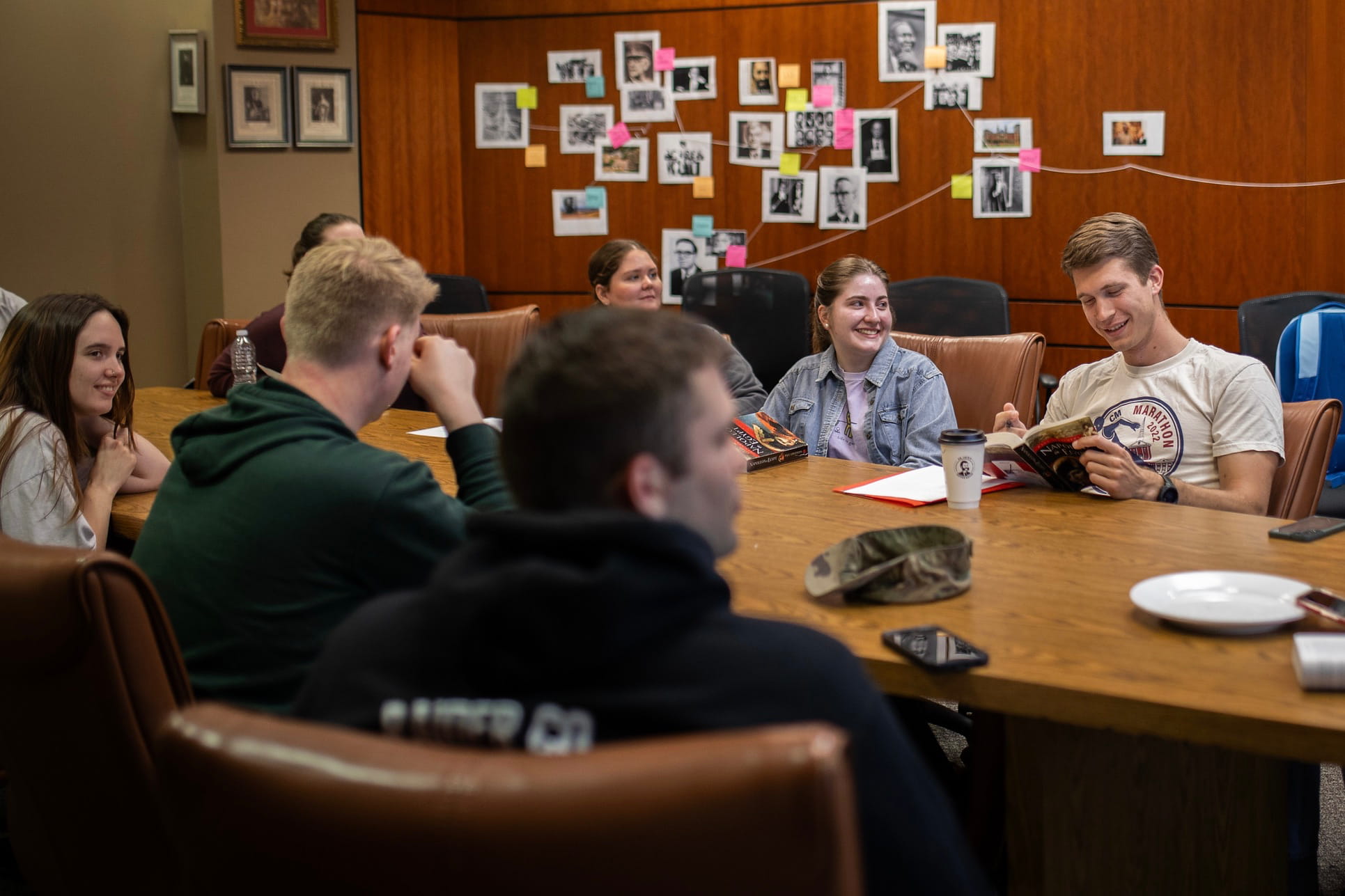Beyond #blackouttuesday
Practical things you can do to take a stand against racial injustice.
 June 04, 2020
- Nicole Porchia
June 04, 2020
- Nicole PorchiaSome are bursting out their door to their local peaceful protest and checking in on their friends and family of color. Some are watching, realizing what they see is brutally wrong but have no clue of what to say. Others are sitting with their blinders on and simply waiting while another person becomes a tragic hashtag on social media. If you have reached the point of wanting to make a difference, I encourage you to stand up against racial injustices, systemic oppression and implicit bias. Getting involved on social media is a great first step, but here are a few practical things you can consider while you are processing what is going on in the world today.
Understand that every black person’s experience is NOT the same. Just because you have one friend that has had few racist encounters does not mean it is not happening. Seek to listen to people from all walks of life within the black community. Racism is alive and well, whether it affects the people of color (POC) in your close circle or not.
Listen. Seek to understand. I realize that by listening to a person’s life experiences, you may feel the need to suggest or insert your personal experiences and things of that nature. Your response is not always necessary. For example, using the response of “All Lives Matter” to someone saying “Black Lives Matter” can be insensitive to a POC. Clearly, “All Lives Matter,” but black lives specifically are being affected in this situation. We are simply saying, “Black Lives Matter,” too. Every person of color has his or her own story if they are willing to share. Take the time to listen. When classes are back in session, join in on events we host through Ouachita’s Multicultural Student Programs or join the student group Multicultural Organization Reaching Equality (MORE).
Educate yourself. It is not the black community’s responsibility to educate you on your privilege. You can understand a lot by merely listening. Try researching and find out more about social injustice, inclusion, oppression, implicit bias and the history of racism in our country. Research inclusion language and evaluate the organizations and groups you are involved in to ensure they are inclusive. Here is a list of books recommended by a few of my brown and black brothers and sisters:
- Eloquent Rage: A Black Feminist Discovers Her Superpower by Dr. Brittney Cooper
- White Fragility: Why It's So Hard for White People to Talk About Racism by Robin DiAngelo, PhD
- I Know Why the Caged Bird Sings by Maya Angelou
- Just Mercy by Bryan Stevenson
- The Hate You Give by Angie Thomas
- The New Jim Crow: Mass Incarceration in the Age of Colorblindness
by Michelle Alexander - I'm Still Here: Black Dignity in a World Made for Whiteness by Austin Channing Brown
- Their Eyes Were Watching God by Zora Neale Hurston
Call out racism when you see it. Pierre Berton once said, “Racism is a refuge for the ignorant. It seeks to divide and to destroy. It is the enemy of freedom and deserves to be met head-on and stamped out.” Calling out racist statements or systemic oppression can be very uncomfortable. If you hear racist comments at your family’s dinner table, on campus or on social media platforms, take that opportunity to educate and ask questions – even if it's your grandmother! Being older and set in your ways is no excuse for making racist comments. We have come to a time where we need to challenge that way of thinking because being racist is a heart issue, and it begins at home.
By Nicole Porchia, director of Multicultural Student Programs and the Academic Success Center
You Also Might Like
Ouachita reports Spring '26 enrollment, led by 50% increase in graduate students
February 11, 2026Recent
Ouachita reports Spring '26 enrollment, led by 50% increase in graduate students
February 11, 2026




